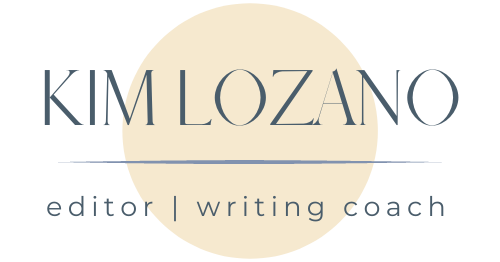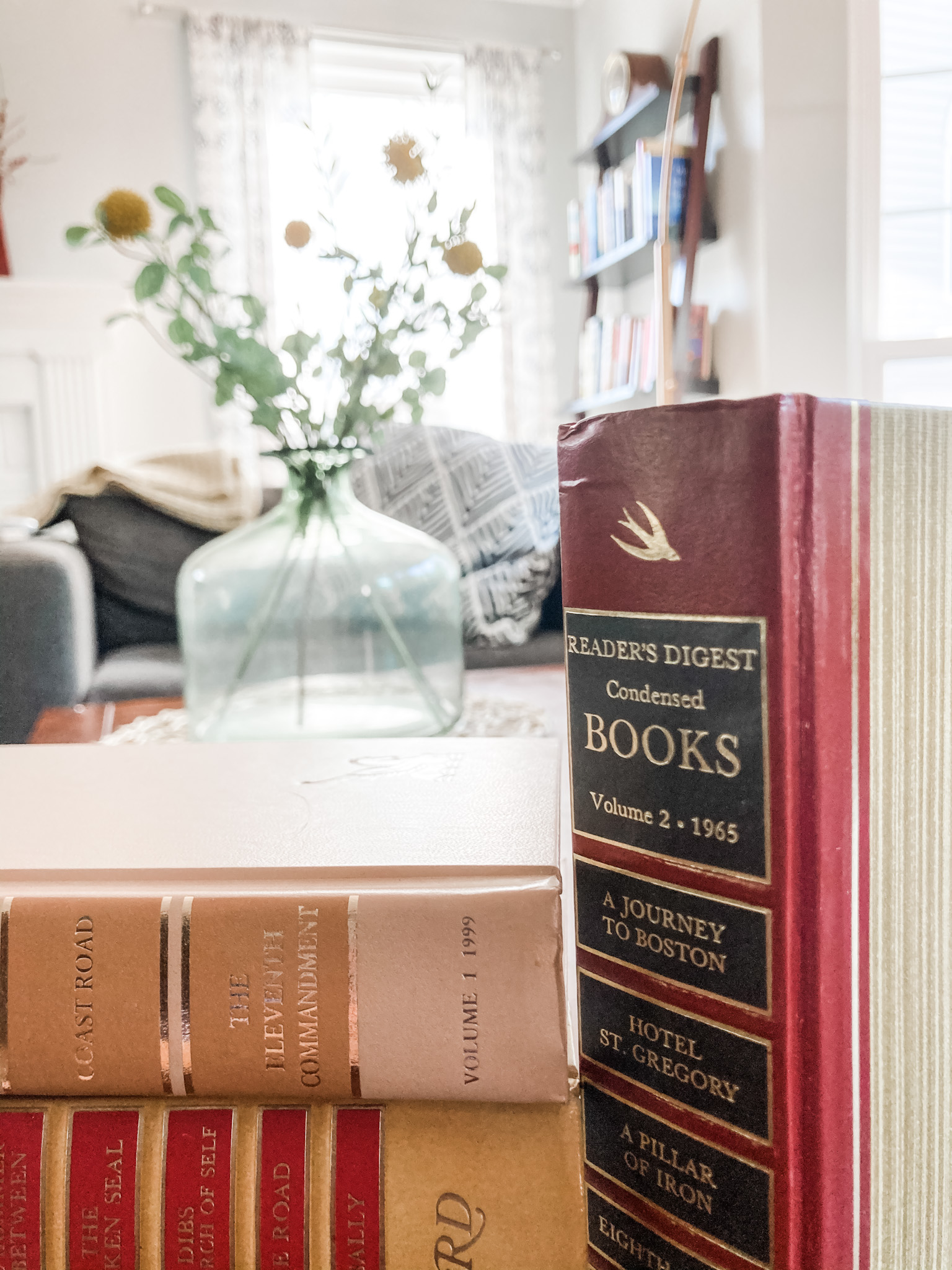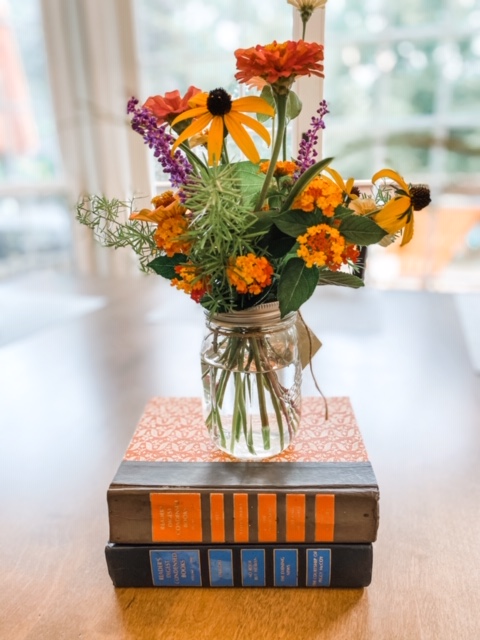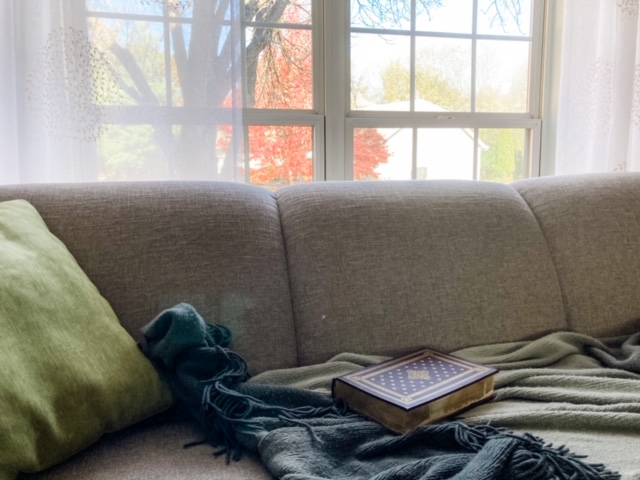Favorite Writing Craft Books: The Rose Metal Press Field Guides
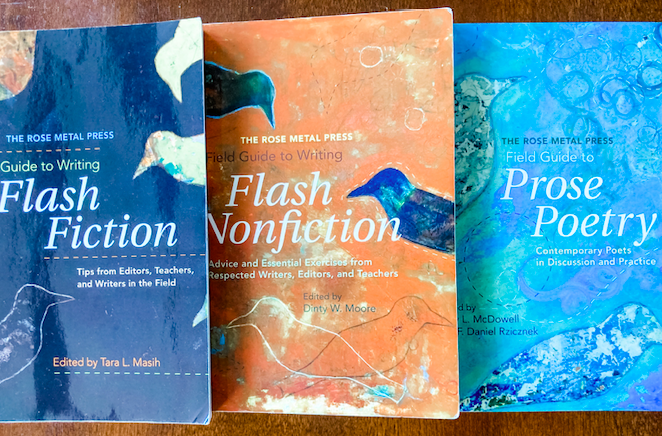
There are a number of writing how-to books that I turn to over and over and they’ve become my favorite writing craft books. In fact, I’ve read so many (hundreds) of craft books over the years I’ve put together a big list of recommendations. If you want to take a second to snag that list, you can click here.
Some of my favorite writing craft books for people writing in short short forms are the field guides from Rose Metal Press. I’ve used chapters from each of these books in my writing classes and I go to them often when working on my own creative pieces. Here’s a quick description of each one:
FIELD GUIDE TO WRITING FLASH FICTION
One thing that’s great about these books is the introductions. In the flash fiction edition, the history of the form is covered, including its dormancy and reemergence. The chapters are arranged thematically under sections such as “Imagery as Inspiration” and “Focusing and Editing”. Each chapter is written by a different author and includes a short essay on the form, a prompt or exercise, and a flash fiction story example. A favorite chapter—”Getting the Lead Out: How Writing Really Bad Poetry Yields Really Better Short Stories” by Steve Almond.
FIELD GUIDE TO WRITING FLASH NONFICTION
With his popular online journal Brevity, Dinty W. Moore might be the reigning king of flash nonfiction, and his introduction to this guide is excellent. This book is organized like the flash guide, with essays from a variety of authors, writing exercises, and flash nonfiction examples. I’ve used so many chapters from this book in my classes that I have to list three favorites here—”Friendship, Intuition, and Trust: On the Importance of Detail” by Brenda Miller; “Location, Location, Location” by Peggy Shumaker; and “The Art of Digression” by Judith Kitchen.
FIELD GUIDE TO WRITING PROSE POETRY
Although I’ve taught classes on writing prose poetry, I’m not sure anyone knows what it really is. But it doesn’t matter, because it exists, and we can understand it imperfectly while enjoying its mysteries and delights. There aren’t a whole lot of craft books out there specifically devoted to the composition of prose poetry. This book is a mix of essays from various writers and prose poem examples. It’s excellent. A favorite chapter—“Thankfully, Phillip Larkin Will Never Read This” by Kevin Griffith.
This is a good place to remind my reader that Steven Spielberg didn’t go to film school. If you can’t or don’t want to go to *writing school*, you can learn the craft anyway. Books are a good place to start. Again, if you’d like a copy of my favorite writing craft books, I’d be happy to send it to you. Happy reading and studying!
